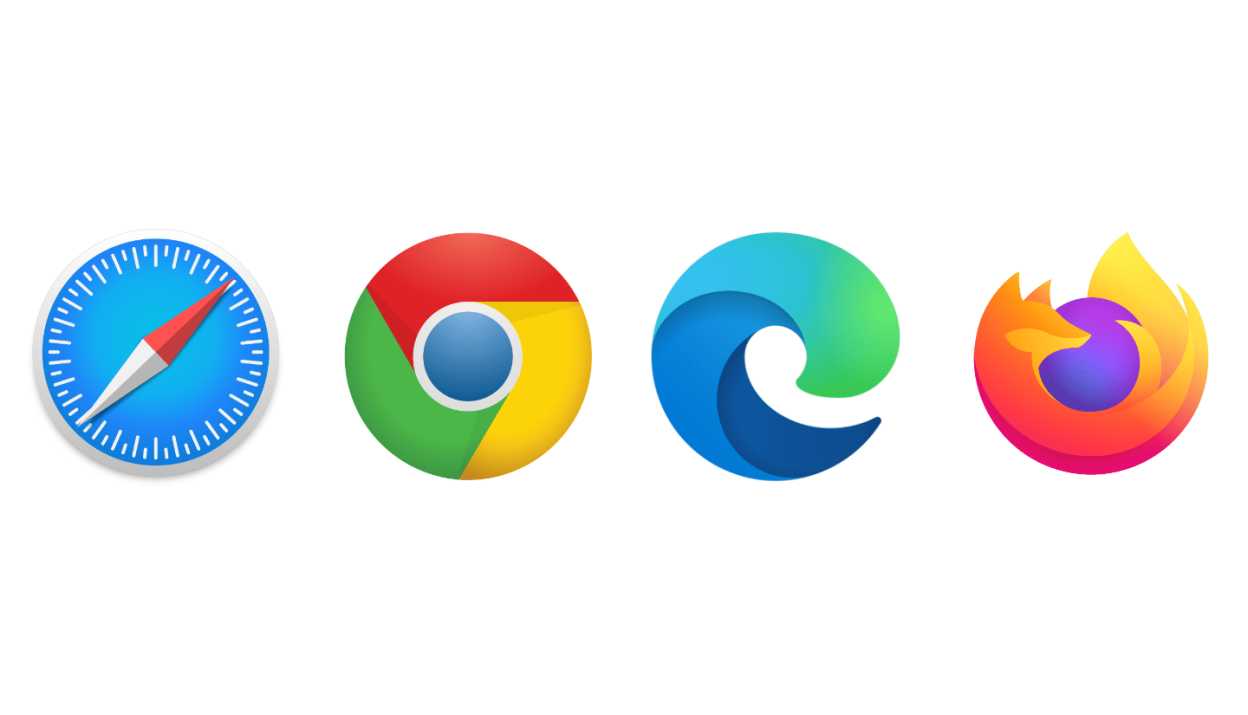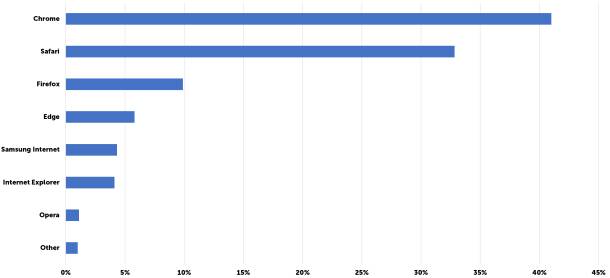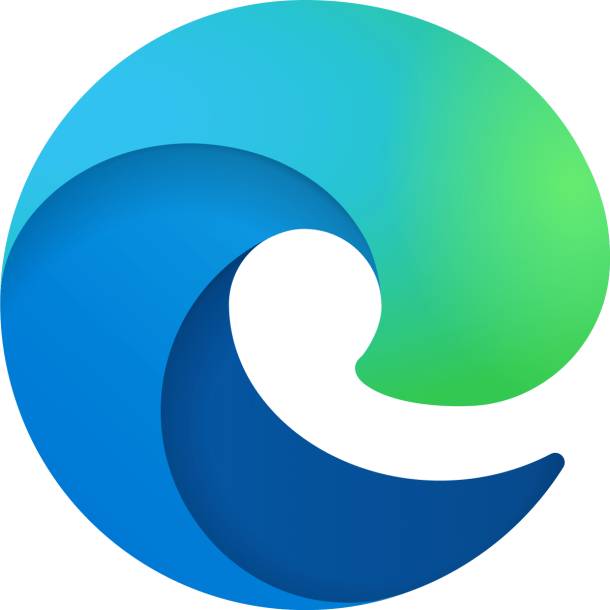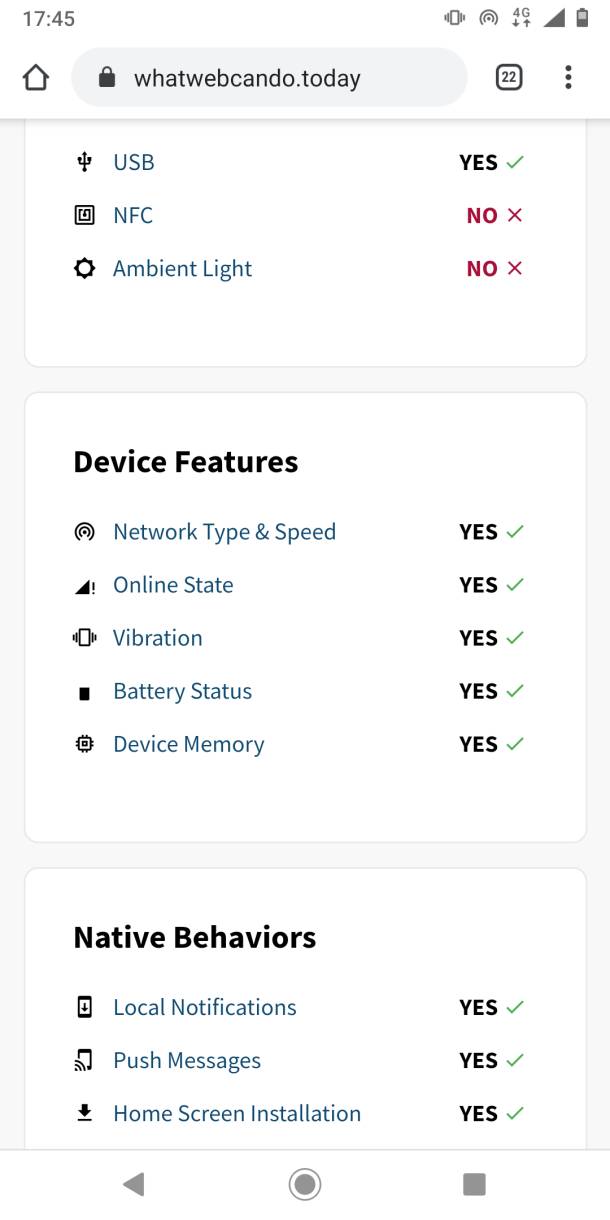There are two possibilities how you came across this blog post: Either because it was linked somewhere, be it in search results or from social or other media, or because you surfed our site with a version of Internet Explorer (in this case: sorry 🙈) and then saw the following banner and clicked on the blog link:
However you found this post: In this blog, we would like to explain why Internet Explorer is no longer a modern product - which, by the way, is also the view of Microsoft - and why we think that the time for this browser has definitely passed. Of course, we are not the first to write about this, but maybe an update, along with a bit of background information and history, will do you some good.
What a modern browser is and why Internet Explorer is not one of them
The reason that Internet Explorer is slowly but surely becoming obsolete is simply that web technology is developing extremely quickly and Internet Explorer has not been developed at the same speed for a long time. Compared to just a few years ago, modern browsers are now very complex programmes that do much more than simply load and display web pages from the WWW. As a result, it has become an enormous effort to keep browsers up-to-date, competitive and secure, and to develop them even further. This means that only very few providers can still hold their own in the competitive browser market. These include Google, Mozilla, Microsoft and Apple - at least in the western world. In Asia, there are a few more popular browsers. However, like Microsoft with its latest Edge version, they mostly rely on Chromium - the open-source version of Chrome. These include, for example, Samsung Internet, a browser that is preinstalled on all Samsung smartphones, the browser from Baidu, the one from UC, or the Russian Yandex browser. Niche players, such as the privacy-focused Brave Browser, are also based on Chromium and Google's browser engine.
One engine to rule the web?
Well, the variety was already greater: Today, it's more like Chrome, or Blink, and then all the rest. The engine is the underlying technology of the browser that does all the heavy lifting. Many manufacturers rely on the so-called Blink + Chromium package: As already mentioned, Chromium is the open-source version of Chrome and contains not much more than the Blink browser engine developed by Google. Providers such as Opera, Yandex, UC, Samsung or, more recently, Microsoft use Chromium as a basis and "only" add specific additional functions and a customised User Interface (UI) on top. Besides Blink, there are practically only two other well-known browser engines:
Webkit is developed by Apple and is used in the Safari browsers as well as in all browsers on iOS (Apple only allows its own browser engine in the mobile operating systems).
Gecko and Quantum from Mozilla are the technologies used in Firefox. Again, with the exception that Firefox for iPhones and iPads must also use Webkit from Apple.
So what does all this mean for Internet Explorer?
Microsoft introduced the new Edge browser with a new engine with Windows 10 more than four years ago: EdgeHTML, a fork of the IE engine Trident. After a little more than three years of active development on Edge and the associated engine, Microsoft has now decided to continue developing the actual browser, but to replace the underlying engine: Since the last major Windows Update (version 2004), Edge has been running on the basis of Chromium and Blink. That's why you keep hearing the name "Edgium" - but of course it's not official. Anyone who wants to try out the new Microsoft browser can do so: There are various versions for different operating systems - including a new icon:
For Microsoft Internet Explorer, or MSIE for short, this of course ultimately means that nothing will be done to it, apart from the most necessary security updates. Microsoft provides an overview here.
MSIE does not even use the EdgeHTML engine, let alone anything even newer. Since MSIE's market share is getting smaller and smaller and newer web features are no longer supported, websites are less and less optimised for Internet Explorer. At the same time, the effort required to optimise for IE is constantly increasing. So much so that we have decided not to optimise the latest version of our website, especially as many display forms, design features and functionalities cannot be implemented at all.
If you want to find out what your browser can do, you can do this at whatwebcando.today, for example. If you are looking for a specific feature, caniuse.com can help.
Evergreen browsers
Another advantage of modern browsers is that they are so-called "evergreen", which means that they update themselves automatically. Although this means that you are occasionally prompted to restart the browser, it has the decisive advantage that the browser is automatically always up-to-date and as secure as possible. Very few people today would think of carrying out the update process manually. And of course this also applies to the browser on the smartphone. For us as developers, this has the advantage that we can assume that the absolute majority of potential users have the latest browser version in operation, or are at most one version "behind". Of course, this minimises the effort, for example in comparison to mobile operating systems, where X versions have to be compatible.
What now?
Ultimately, sooner or later there will be no way around switching to a modern browser. So why not change right away? After all, there is plenty of choice! Whether you choose a "big one" like Chrome, Safari or Edge, whether you prefer Mozilla Firefox and thus support a manufacturer that is more independent of the big corporations, or whether you want to use the specialised functions of Opera, Vivaldi or Brave, for example, is ultimately up to each individual. Besides, applications that still rely on proprietary Microsoft Internet Explorer technology are increasingly disappearing. And those, who still use such applications, should perhaps replace them from time to time anyway - we can help! 😎
Stay on top of things: The latest of the latest
Those, who are interested in the very latest features and functions that the web and browser technology have to offer, can - at their own risk, of course - also install so-called canary builds or developer versions of most major browsers. In this way, it is possible to always be a little bit ahead, which is important for developers like us, so that we can also advise our customers on future possibilities. It's also about making sure that a website will still run cleanly after the next browser update. A selection of dev and pre-release versions of the "big" browsers can be found here:
If you want it to be even newer and more up-to-date, you can also configure your preview, canary or nightly browser using flags (in Chrome, for example, via chrome://flags/) and thus also try out experimental features. To go into this would definitely go beyond the scope of this article and is a topic for another day, or blog.
So far so good - thanks for your interest! And if you came here with Microsoft Internet Explorer, sorry again 🙈. The sooner you switch the better. The web is so much better with an up-to-date browser!
If you have questions about
the transition or web technologies in general, want to develop a website or
(progressive) web-app, or just have feedback on the blog: We have open ears -
and mailboxes.






